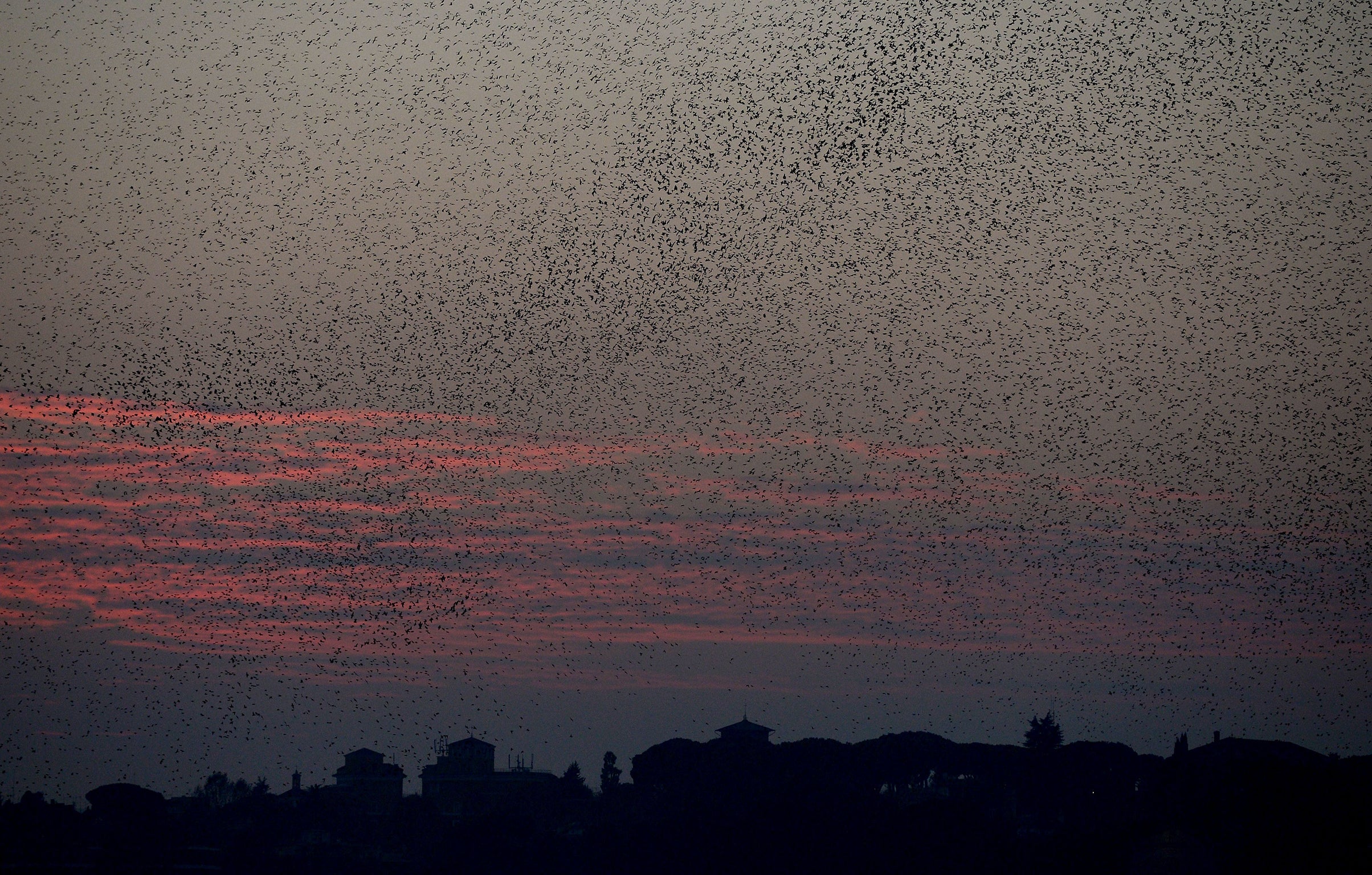Global temperature rises causing birds to migrate early
It is now hoped study will help scientists better predict how different species may respond to current and future environmental change.

Your support helps us to tell the story
From reproductive rights to climate change to Big Tech, The Independent is on the ground when the story is developing. Whether it's investigating the financials of Elon Musk's pro-Trump PAC or producing our latest documentary, 'The A Word', which shines a light on the American women fighting for reproductive rights, we know how important it is to parse out the facts from the messaging.
At such a critical moment in US history, we need reporters on the ground. Your donation allows us to keep sending journalists to speak to both sides of the story.
The Independent is trusted by Americans across the entire political spectrum. And unlike many other quality news outlets, we choose not to lock Americans out of our reporting and analysis with paywalls. We believe quality journalism should be available to everyone, paid for by those who can afford it.
Your support makes all the difference.Migrating birds are arriving at their breeding grounds earlier as global temperatures rise, according to a study which looked at hundreds of species across five continents.
For every degree the temperature rises, the birds arrive one day earlier, researchers at the University of Edinburgh found.
It is now hoped study will help scientists better predict how different species may respond to current and future environmental change.
Reaching their summer breeding grounds at the wrong time - even by a few days - may cause birds to miss out on maximum availability of vital resources such as food and nesting places.
Late arrival to breeding grounds may, in turn, affect the timing of offspring hatching and their chances of survival.
Long-distance migrants, which are shown to be less responsive to rising temperatures, may suffer most as other birds gain advantage by arriving at breeding grounds ahead of them.
"Many plant and animal species are altering the timing of activities associated with the start of spring, such as flowering and breeding," said Takuji Usui, of the University of Edinburgh's school of biological sciences.
"Now we have detailed insights into how the timing of migration is changing and how this change varies across species.
"These insights may help us predict how well migratory birds keep up with changing conditions on their breeding grounds."
The study, published in the Journal of Animal Ecology, examined how various species, which take flight in response to cues such as changing seasonal temperatures and food availability, have altered their behaviour over time and with increasing temperatures.
The researchers examined records of migrating bird species dating back almost 300 years.
The study drew upon records from amateur enthusiasts and scientists, including notes from 19th-century American naturalist Henry David Thoreau.
Species that migrate huge distances - such as the swallow and pied flycatcher - and those with shorter migrations - such as the lapwing and pied wagtail - were included in the research.
Join our commenting forum
Join thought-provoking conversations, follow other Independent readers and see their replies
Comments